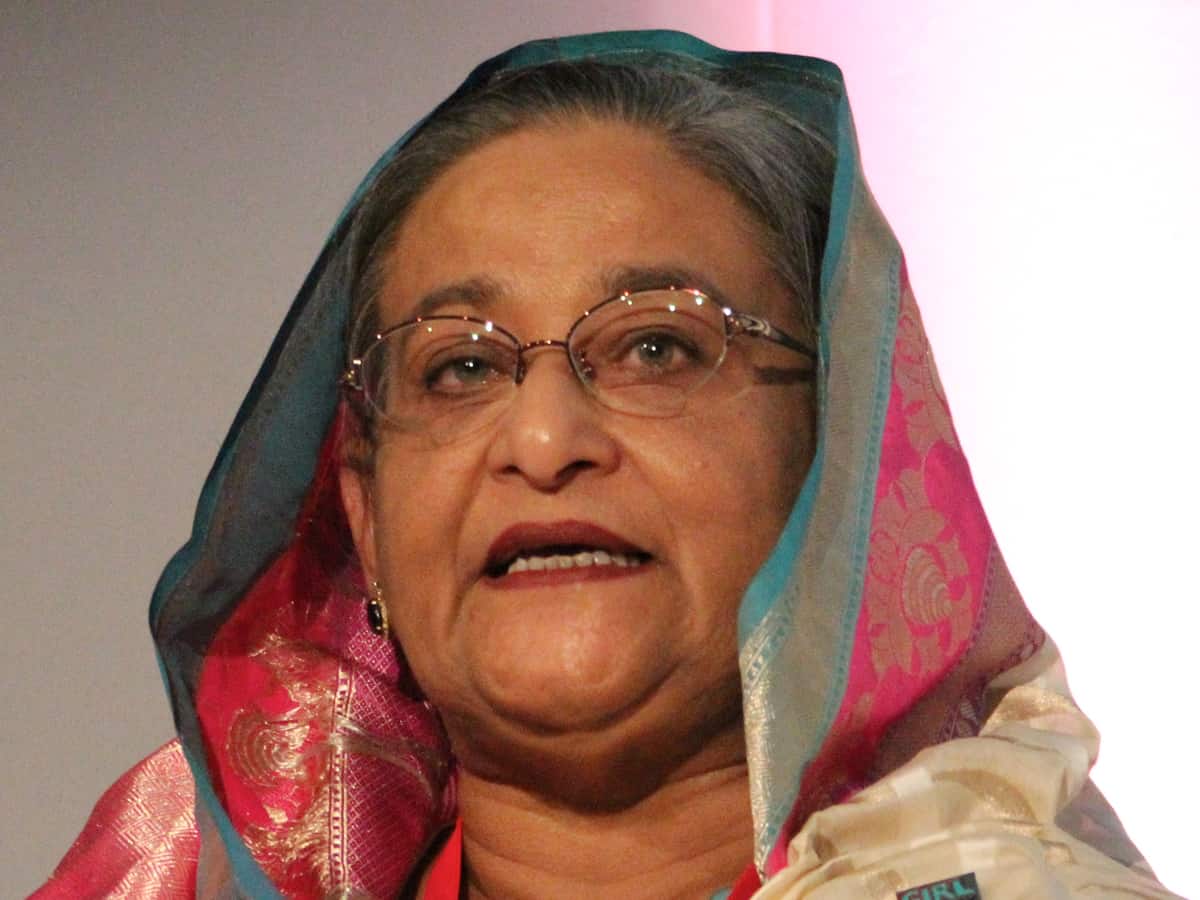
Dhaka: Bangladesh Prime Minister Sheikh Hasina said on Monday that the country’s reserves have increased to $48 billion during the tenure of her government .
Rubbishing rumours, the premier said: “Some words will spread rapidly and you (people) might be misled. But, I will say there is nothing to be misled.”
She urged the countrymen not to pay heed to any propaganda over foreign reserves and bank liquidity as Bangladesh is economically stable despite many developed countries facing global crisis for the Covid-19 pandemic and Russia-Ukraine war.
“Inflation has increased globally. Many developed countries are at stake economically and facing trouble — their reserve is declining. But, we can say that we have been able to keep Bangladesh in a stable condition,” she said while addressing a graduation ceremony of the National Defence Course-2022 and Armed Forces War Course-2022 at the Sheikh Hasina Complex in Dhaka’s Mirpur Cantonment.
She said the reserves were only $2.5 billion while the Awami League assumed power for the first time in 1996 and it was a mere $5 billion when her party came to the power for the second time in 2001.
The premier said her government has taken every possible measure including purchasing Covid-19 vaccines, giving stimulus packages to industries and business establishments, reaching cash to every person up to grassroots level to protect Bangladesh economy and its people from the wrath of the pandemic.
She said they have purchased the Covid-19 vaccines by giving 12,000 crore taka in advance while development of the vaccine was in the research stage.
Bangladesh has administered the Covid-19 vaccines to its people free of cost despite the fact that no rich or developed country did it, the Prime Minister said.
Hasina reiterated her call to bring all lands under cultivation so Bangladesh never falls into a food crisis as the world is approaching a serious food problem.
She also said her government did not show any stinginess in spending money to protect Bangladesh and its people, urging people to show austerity in using electricity, gas and water.

